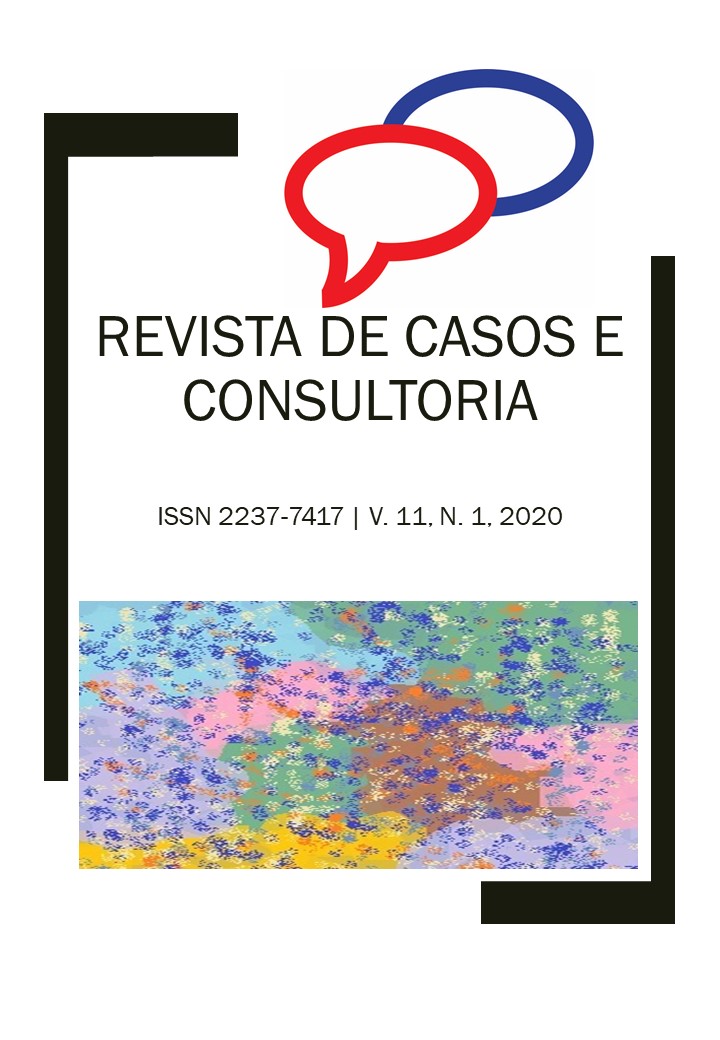2nd degree professionalizing teaching and Theory of Human Capital (1970-1980)
Keywords:
Law No. 5,692 / 71; 2nd degree teaching; Profesional education; Human Capital Theory.Abstract
Secondary education became compulsory throughout the national territory and brought great challenges for Brazilian education in the period in focus, due to the absence or insufficiency of material and human structure for its effectiveness. In this study, we seek to briefly analyze the relationship between Human Capital Theory and professional education in Brazil, called as 2nd degree at the time it was implemented by the Law No. 5,692 / 71. The time frame of this investigation is the 1970s and 1980s, in the context of a military dictatorship in Brazil, the growth of industrialization in Latin America, and the need for qualified labor to operate in this industry. This is a documentary research and a bibliographic review. The initial question is: what is the relationship between the Human Capital Theory and the educational reform that took place in Brazil in the 1970s and 1980s, since Law No. 5,692 / 71 came into force? The results indicate that Brazilian education was strongly influenced by this theoretical conception. Although concise, this study seeks to emphasize this relationship and demonstrates the historical construction of economicism in education during the period under analysis.
Downloads
References
BRASIL. Lei 5.692 de 11 de agosto de 1971. Fixa Diretrizes e Bases para o ensino de 1° e 2º graus, e dá outras providências. Disponível em: <http://www.planalto.gov.br/ccivil_03/leis/L5692.htm>. Acesso em: 23 jul. de 2020.
CAVALCANTE, Ilane Ferreira. Mulheres e Letras: representações femininas em revistas e romances das décadas de 1960 e 1970. Natal: Editora do IFRN, 2011.
CUNHA, Luiz Antônio. O ensino profissional na irradiação do industrialismo. São Paulo: Editora UNESP, 2005.
DEMO, Pedro. Introdução à metodologia da ciência. 2ed. São Paulo: Atlas, 2012.
FRIGOTTO, Gaudêncio. A produtividade da escola improdutiva. 9 ed. São Paulo: Cortez, 2010a.
FRIGOTTO, Gaudêncio. Educação e crise do capitalismo real. 6 ed. São Paulo: Cortez, 2010b.
GAMBOA, Sílvio Sánchez. A globalização e os desafios da Educação no limiar do novo século. In: LOMBARDI, José Claudinei. (Org.). Globalização, Pós-modernidade e Educação: história, filosofia e temas transversais. Campinas: Associados, 2001.
HABERT, Nadine. A década de 70: apogeu e crise da ditadura militar brasileira. 2 ed. São Paulo: Ática, 1996.
MINAYO, Maria Cecília de Souza. O desafio do conhecimento: pesquisa qualitativa em saúde. 8 ed. São Paulo: Hucitec, 2004.
MOURA, Dante Henrique. Educação Básica e Educação Profissional e Tecnológica:
Dualidade Histórica e perspectivas de Integração. HOLOS, Natal, v. 2, p. 4-30, 2007.
Disponível em: <http://www2.ifrn.edu.br/ojs/index.php/HOLOS/article/view/11/110>. Acesso em: 23 jul. 2020.
SCHULTZ, T. O capital humano: investimentos em educação e pesquisa. Trad. de Marco Aurélio de M. Matos. Rio de Janeiro: Zahar, 1973.

 Português (Brasil)
Português (Brasil) English
English Español (España)
Español (España)